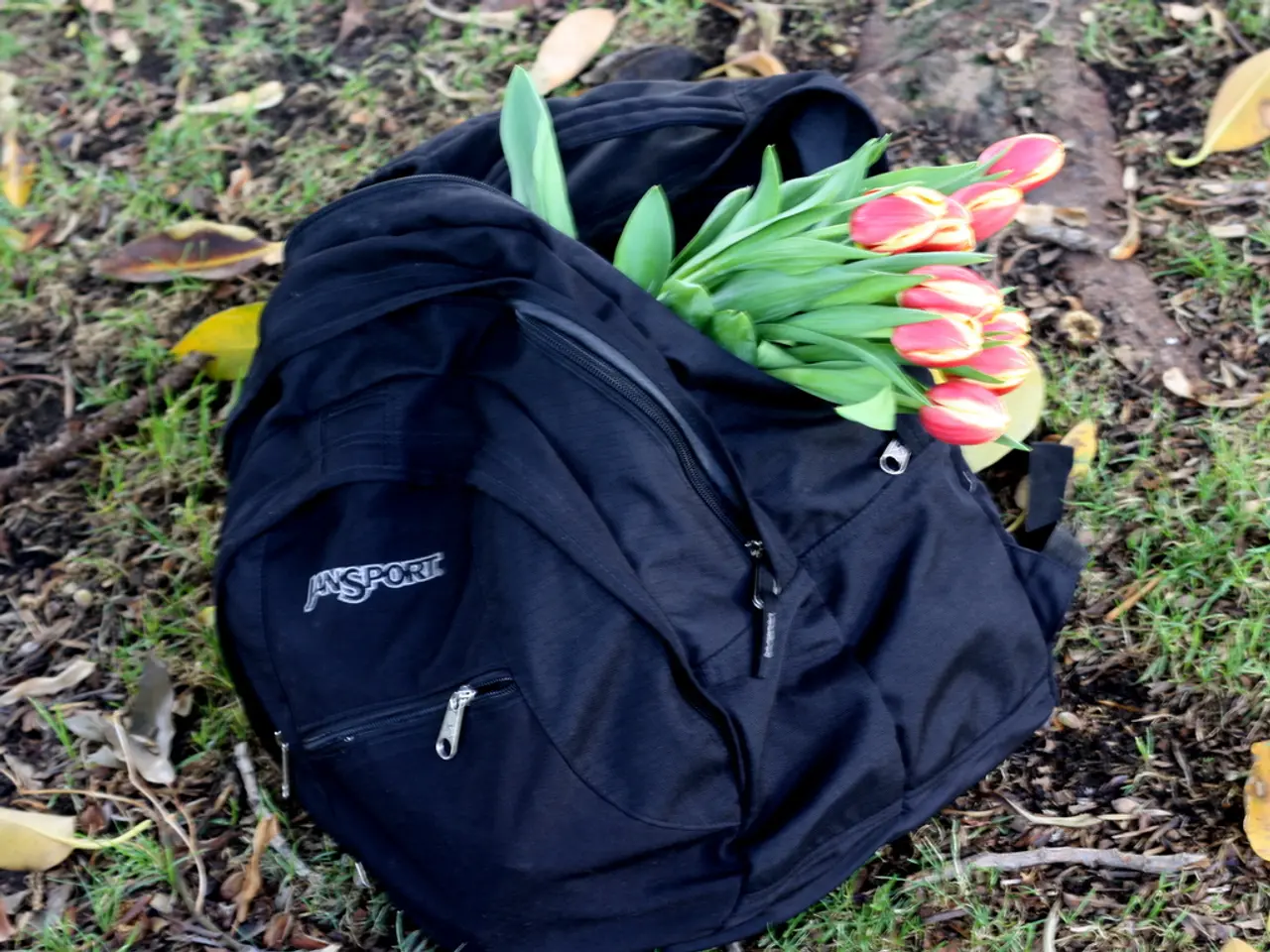Gardening on a Budget: Smarter Strategies You Need
Gardening on a budget doesn't mean compromising on the beauty and productivity of your garden. With a few creative and cost-effective strategies, you can create a flourishing outdoor space without breaking the bank.
One of the most economical ways to start your garden is by starting plants from seeds or cuttings. Seeds are inexpensive and can be saved from previous seasons or swapped with friends and community groups. Cuttings from neighbours’ plants like herbs or flowers can produce new plants without cost.
To save even more, consider reusing containers for planting. Old buckets, paint cans, water bottles, egg cartons, or even broken mugs can serve as pots, as long as they have drainage holes.
Another cost-saving idea is to make your own soil mix. Combine garden soil, homemade compost, coco peat or dried tea leaves, and sand to create an affordable, nutrient-rich potting soil at home.
Composting kitchen waste is another budget-friendly approach. Turn fruit peels, vegetable scraps, coffee grounds, and eggshells into nutrient-rich compost using an old bin or pot. This reduces the need for commercial fertilisers.
Collecting free mulch is another great way to save money. Use fallen leaves, weed-free lawn clippings, wood chips from local tree loppers, or get free mulch from municipal waste facilities. Mulch conserves moisture and nutrients, improving soil health.
To further reduce expenses, consider harvesting rainwater for irrigation. A simple rainwater collection system can save money on watering, reduce water bills, and ensure plants get chemical-free water.
Other inexpensive ideas include cleaning and tidying your garden to refresh it cheaply, swapping or sharing plants with friends, and growing easily grown flowers and vegetables such as marigolds, sunflowers, and beans.
Caution should be exercised when using free mulch and compost, as they may contain unwanted pests or diseases. It's important to make a list of needed items to avoid a disorganised garden.
Participating in local seed exchanges can provide free seeds and the opportunity to obtain heirloom seeds. Signing up online or checking with the community's master gardener can help find future seed exchanges.
Neighbourhoods often turn green waste into mulch or compost. Friends may have unused materials for garden projects. Using household items as planters or raised beds can save money in garden design.
Gardening on a budget also involves learning the art of cutting and propagating plants. Obtaining cuttings from friendly neighbours or through plant swaps can also be beneficial. Many tree-cutting companies give away free mulch and compost.
Repurposing items like wooden pallets, old tires, and unused bathtubs can also be used for gardening. Storing collected rainwater in larger containers can further reduce water usage.
By following these practical steps, you can create a sustainable and budget-friendly garden care, maximising plant growth while minimising expenses. Happy gardening!







